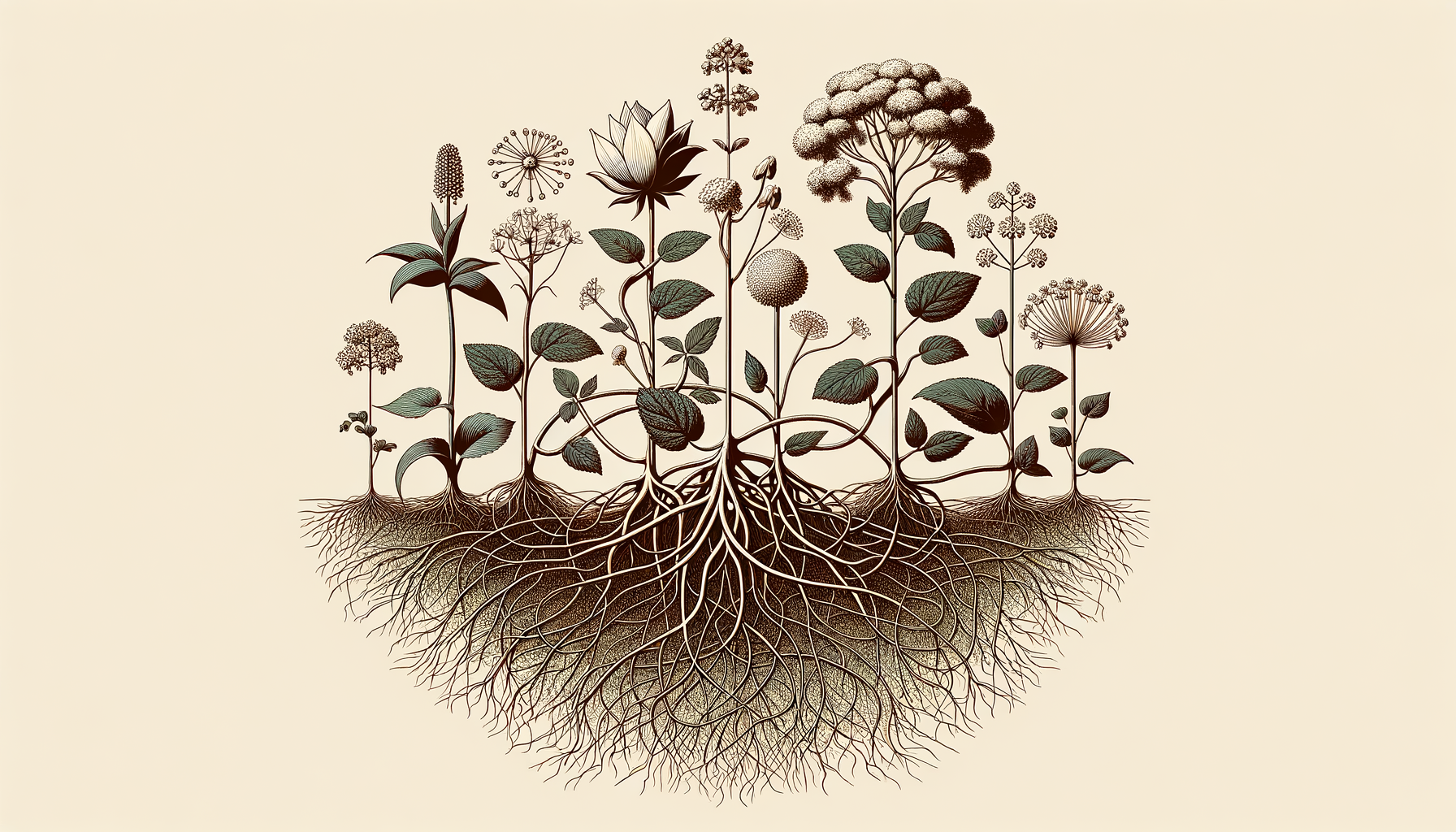It was a blisteringly cold winter on Nantucket the year I moved back home. The kind of cold that made you think the boats in the harbor might actually freeze to their moorings. I’d just left the world of maritime museums and historic essays behind, confident that I was destined for more—though “what” exactly, I hadn’t figured out yet. Postgraduate existentialism, meet a 28-year-old who liked researching 19th-century shipping logs more than he liked figuring out his next move in life.
One morning, folded into the corner seat of the only café open year-round, I was hunched over my notebook, pretending the smell of just-baked scones was enough to revive my creativity. Across the room, I noticed a man—a regular, whose preference for black coffee and a worn paperback of Homer’s Odyssey made him feel more mythological than modern. He wasn’t famous or even particularly talkative, but when I finally worked up the nerve to ask why he always scribbled annotations in the margins of that dog-eared book, his answer changed everything.
“Because,” he said, closing the book gently, “people always leave notes in the places they’ve been lost before. And if you look closely, you’ll find ideas just waiting to be found.”
This would not, I’ll admit, have struck me as particularly profound if he hadn’t followed it up by adding: “What are you busy noticing over there, by the way?”
I mumbled something about “just brainstorming ideas,” but truthfully, my page was blank—less a storm of ideas and more like an empty sea. At first, I panicked, assuming he’d call me out on the lie. Instead, he offered what I can only describe as a well-timed lifeboat: advice that ultimately shaped both my writing career and my understanding of relationships.
Looking back, the metaphor is obvious: You sometimes need someone else to point out what you’re overlooking, even in your own story.
Section One: The Power of Being Seen (By Someone Who Isn’t Your Mom)
The moment someone truly sees you, everything shifts—it’s like the cinematic swell of music in a rom-com right after the lead figures out who they were meant to kiss all along. But here’s the thing: being “seen” isn’t always about grand gestures or spotlight-worthy moments. Often, it’s about being recognized in the quiet spaces where doubt lives.
For me, this café stranger—let’s call him Homer, because why not—saw a thread of potential I was too tangled up to notice. As I half-heartedly explained that morning that I was thinking of writing fiction—tentative, terrified, and already listing reasons to talk myself out of it—he simply nodded and said: “So do it.”
Pause, rewind. No critique? No dismissive quips about how the world doesn’t need another brooding novelist? Just a shrug, as if I’d told him I was considering trying sriracha on a sandwich for the first time.
“That’s it?” I nearly hissed. “So do it?”
“What?” Homer asked, wholly unfazed. “You think Melville waited for a written invitation before he started?”
Friends, let me tell you: no one will ever destroy your excuses faster than a maritime mythology nerd with a caffeine buzz.
Section Two: Why You Need (Imperfect) Mentors in Life and Love
Now, I know what some of you might be thinking: Oliver, what does a semi-retired guy scribbling in Homeric epics have to do with my dating life? Honestly? More than you think. The truth is, the relationships we nurture outside of romance—mentors, friends, or even fleeting strangers—prepare us for connection in its rawest, most beautiful forms.
Here’s what my unofficial mentor taught me, intentionally or not, that applies as much to relationships as it does to writing:
-
Stop Waiting for Perfection: Homer reminded me that there’s never a “perfect moment” to start something important—whether it’s asking out the intriguing person at the dog park or pursuing your dream project. Spoiler alert: waiting will only convince you the moment has passed.
-
Constructive Confidence Beats Criticism Every Time: The best connections—romantic or otherwise—come from people who allow you to explore your untidy edges and dreams without immediately trying to fix you.
-
Playful Challenges Are Underrated: Pardon the pun, but Homer sailed circles around my self-doubts simply by making me defend them. In relationships, playful challenges create space for you to grow, too. The right partner (or friend) will question your bad habits not to tear you down but because they actually want you to succeed.
Section Three: Seeing and Being Seen, Revisited
Homer and I didn’t become lifelong best friends, in case you were wondering. He slipped back into the nook of the café with his annotated book, and I eventually stopped showing up at the same table, notebook in hand. But here’s what stuck with me: he hadn’t unlocked some magical talent I suddenly possessed overnight. What he did do was point out a blind spot, one I was too insecure or proud to acknowledge on my own.
The same can be said about dating, if we’re honest. You know how it feels when someone pays attention to you—not the curated, polished version of yourself but the one you’re still figuring out? Finding and nurturing that kind of relationship can be tough because, as humans, we spend so much time afraid of our imperfections being noticed. But here’s the irony: the person who notices those things and likes you anyway? That’s the person who leaves a mark.
Section Four: How to Be that Person for Someone Else
A quick note: Being “the person who sees someone” doesn’t mean donning a cape and shouting life advice into people’s faces. But it does mean showing up—authentically, consistently, and without too much ego. Here are a few foolproof ways to offer grounding, whether it’s in romantic partnerships or friendships:
-
Ask Unexpected Questions: “How’s work?” is fine; “What’s the last thing you couldn’t stop thinking about?” is better. Real listening transforms casual connection into something meaningful.
-
Offer Encouragement Without Strings: Don’t challenge someone’s dream or idea just because it doesn’t align with your own worldview. A simple “I think you could pull that off” can carry more power than you realize.
-
Resist the Urge to ‘Fix’: Sometimes, the best thing you can do for someone isn’t to solve their problems; it’s to make space for them to sort things out themselves.
Conclusion: The Future You’ll Reach When Someone Sees You
It’s been several years since that freezing Nantucket winter, and if you’d told my clammy, indecisive self back then that I’d have a career writing novels—or penning advice columns on relationships—I probably would’ve laughed. I still think often of Homer at the café, though. How just one conversation rerouted the way I saw myself, my potential, and what might actually be worth risking for.
If you’re lucky, you’ll have a Homer of your own—someone who spots the quiet, unrealized places inside you and challenges you, casually but confidently, to let those spaces grow. And when that happens? Don’t brush it off. You never know which tiny nudge will set you on the course you didn’t even know you needed.
Now, excuse me while I dig out my copy of The Odyssey. Maybe it’s time I left a note in the margins too.




















